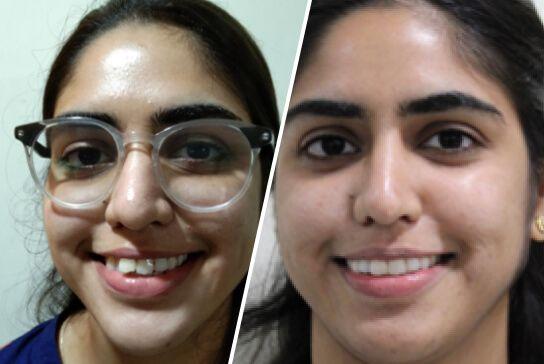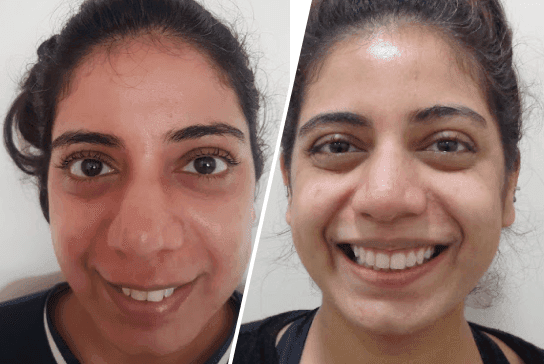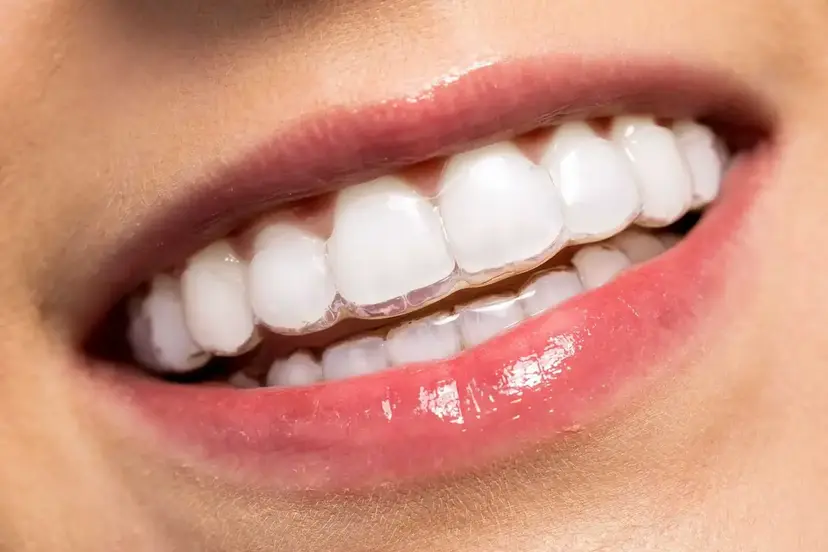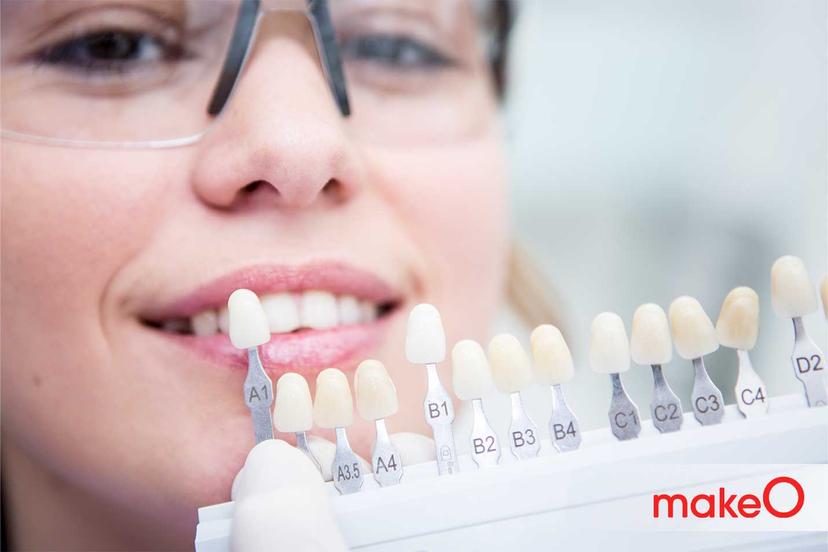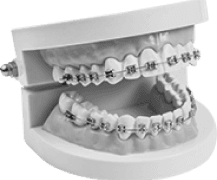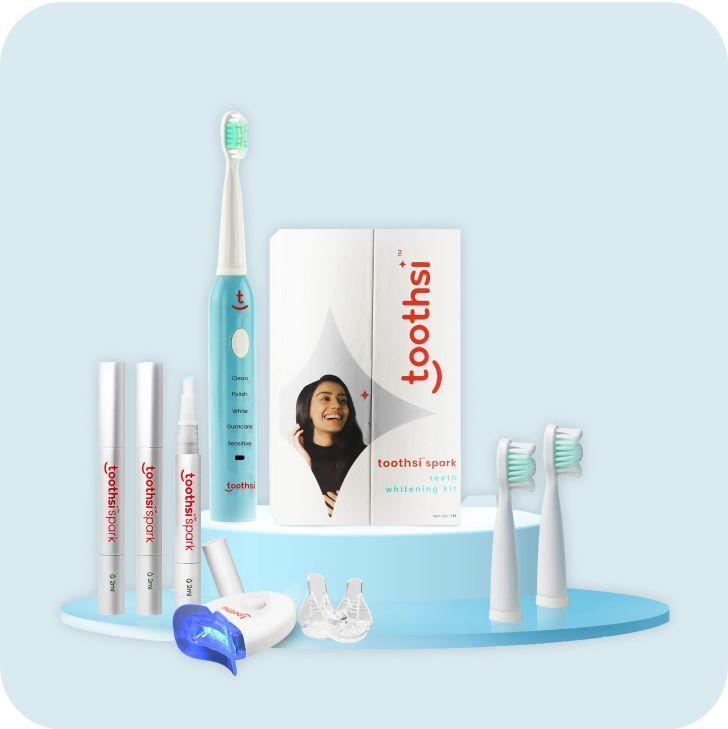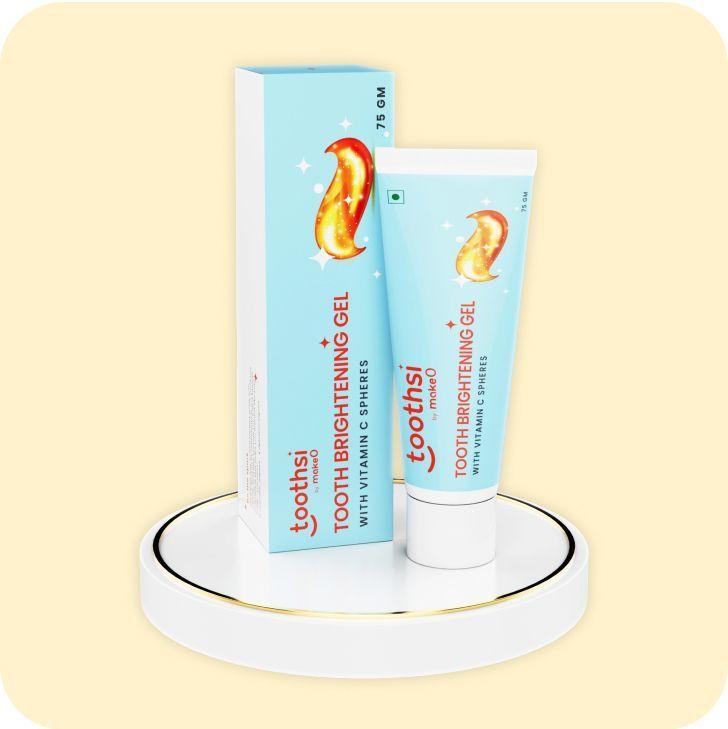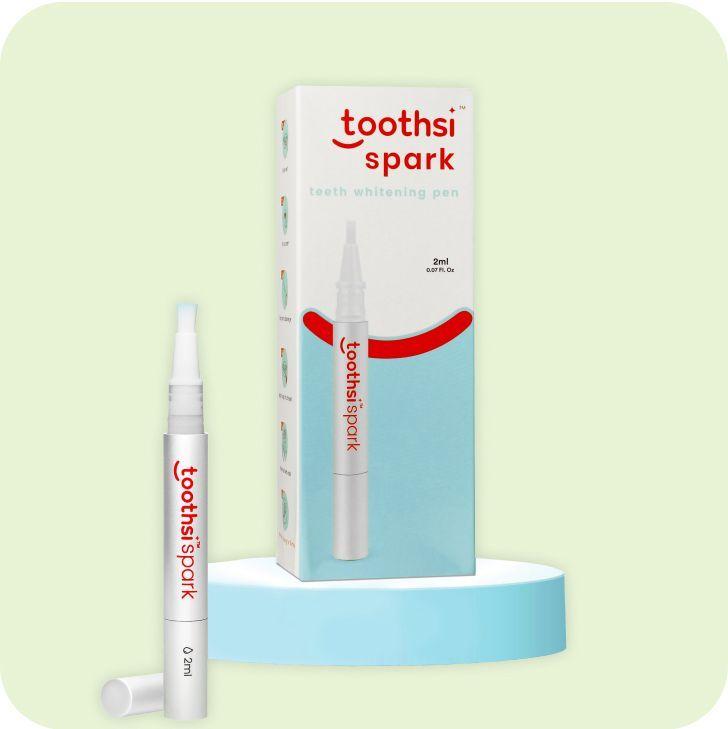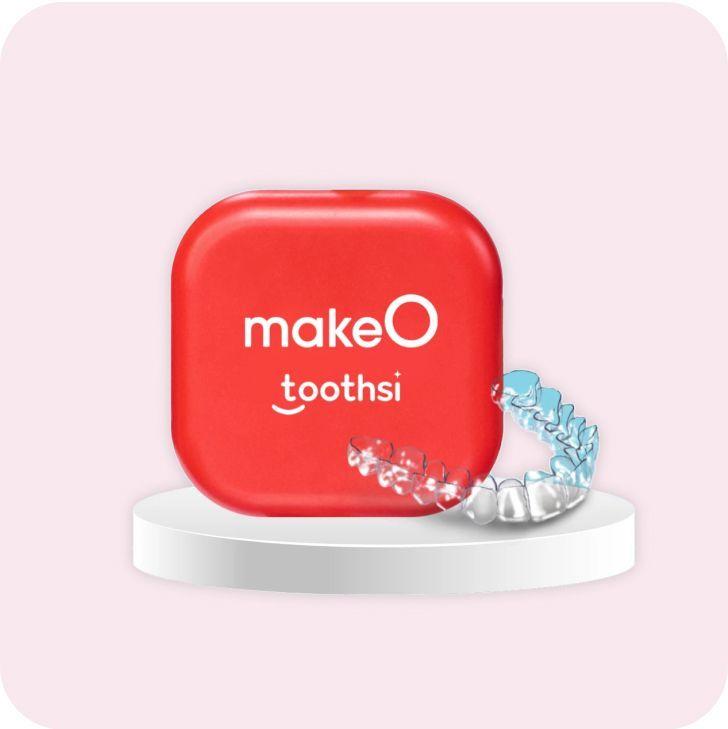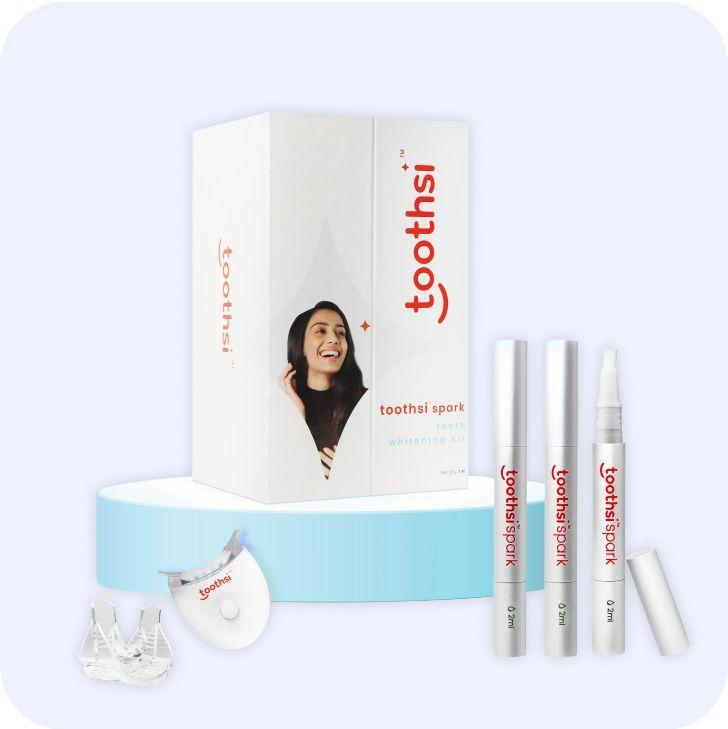The Role of Mouthwash in Maintaining a Bright Smile
Over the years many individuals have started incorporating mouthwashes in their oral health care routine. But do you know how mouthwash helps in maintaining a bright smile? Mouthwash or an oral rinse is a liquid that removes harmful bacteria that cause plaque buildup from areas that are generally hard to reach while brushing. In this blog, we will explore the benefits of incorporating mouthwash into your healthcare routine and help you select the right liquid mouthwash for you based on your needs.
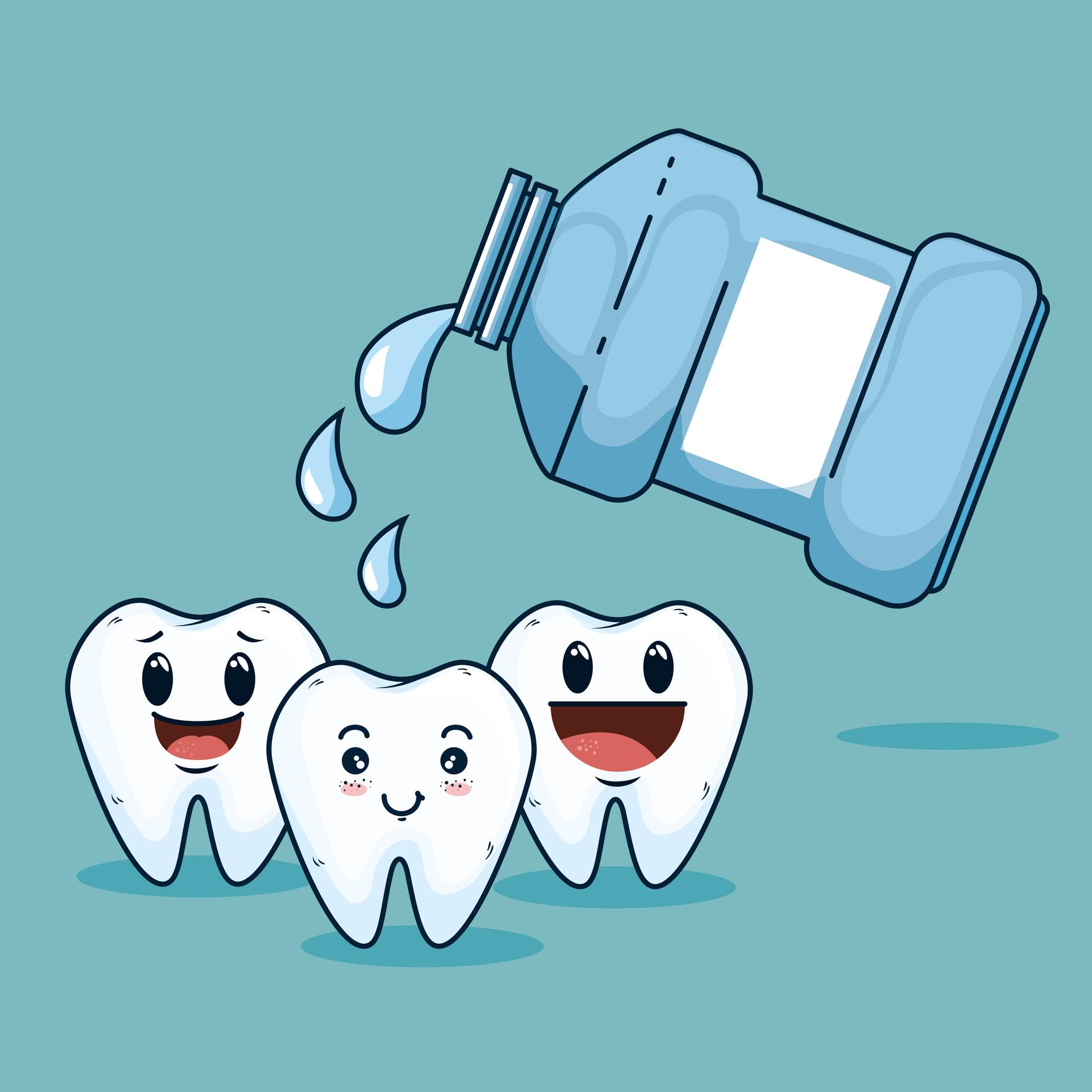
The Role of Mouthwash in Plaque Control and its Benefits for Teeth and Gum Health
Mouthwash has become an essential part of our oral health care routine. Several benefits of mouthwash include:
Eliminate Plaque Buildup: Plaque is a thin biofilm that develops on the surface of the teeth over a period of time. Even with brushing, sometimes bacteria tend to harbor in hard to access areas (such as behind the surface of your last teeth). Use of mouthwashes such as Chlorhexidine mouthwash or Listerine mouth rinse can help to kill harmful bacteria and reduce plaque formation.
Whiten Teeth: Hydrogen peroxide mouthwashes or mouthwashes containing hydrogen peroxide has been used extensively as a part of the teeth whitening kit. Low concentrations of hydrogen peroxide in hydrogen peroxide rinses help to whiten your teeth.
Freshen Breath: The mouthwashes for bad breath are generally those containing chlorhexidine and essential oils like menthol. These rinses not just help freshen your breath immediately but reduce the number of bacteria causing bad breath.
Prevent Cavities: Fluoride released in the oral cavity has been known to prevent dental cavities. Hence, a sodium fluoride mouth rinse can be used if you are prone to developing cavities. But it is typically recommended only by your doctor.
Promote Gum Health: Your mouthwash usually contains an antiseptic (such as Chlorhex rinse, Listerine mouthwash) and essential oils (such as eucalyptol, menthol, and thymol) which can help to reduce any gum disease or inflammation. These antiseptics and essential oils prevent plaque buildup over the surface of your teeth, when combined with proper brushing and flossing.
Provide Relief from Sore Mouth: Some mouthwashes contain anti-inflammatory ingredients that help with mouth soreness by combating inflammation and enhancing the healing of mouth lining in case of cuts and ulcers. These must always be used under a doctor’s prescription.
If you are facing any of these problems, using a mouthwash can help. However, it’s advisable to visit your dentist regularly for checkups and discuss your need for mouthwashes to achieve a healthy smile!
Selecting Mouthwash Based on Your Needs
Overall, there are 2 types of mouthwashes:
Cosmetic mouthwashes: These temporarily provide relief from the problem. (For example: Phenol and mint mouthwashes can treat bad breath for short-term, but do not kill the bacteria associated with bad breath)
Therapeutic mouthwashes: These mouthwashes contain active ingredients to help control or treat your condition. (For example, Listerine mouthwash contains antiseptics to control bacteria producing foul odour, Benzydamine mouthwash contains anti-inflammatory compounds which reduce gum inflammation and soreness)4
Hence, it is essential to choose your mouthwash carefully. It is also important to understand what each mouthwash contains. Based on the condition you are suffering from or need treatment for, certain ingredients need to be present.
Reason / Condition | Ingredients to be present |
|---|---|
Teeth Whitening | Hydrogen peroxide |
Fresh Breath | Antiseptic (such as chlorhexidine) and essential oils (such as eucalyptol, menthol, and thymol) |
Prevention of cavities | Fluoride |
Gum health | Antiseptics such as chlorhexidine |
Sore mouth | Anti-inflammatory compounds such Benzydamine |
Ultimately, choosing the best mouth rinse liquid involves recognising the purpose of use and checking if the respective ingredients are present. Your dentist can suggest the best mouthwash for you based on your dental needs.
How to Incorporate Mouthwash into Your Daily Oral Hygiene Routine
The use of mouthwash can help to reduce plaque buildup in areas that are hard to reach while brushing and flossing and help you to significantly enhance your oral hygiene.
The first step involves selecting the right mouthwash that is best suited for you. Once you have chosen the right mouthwash, carefully read the instructions or follow your doctor’s guidance on how to use the mouthwash. The basic steps to be followed while using a mouthwash include
Rinse your mouth with water.
According to the label instructions, measure and pour the right quantity of mouthwash into a glass. Follow the instructions on how to dilute the mouthwash. Once diluted, take a sip of mouthwash in your mouth and swish it inside your mouth. Follow the instructions given on the mouth rinse for the recommended duration (generally 20-30 seconds).
Spit out the mouthwash.
While using a liquid mouthwash can help, it is important to remember that even the best mouthwash cannot be used as a substitute for brushing and flossing. It is essential to continue routine oral hygiene practices such as brushing twice daily and flossing once or twice daily to ensure proper teeth cleaning.
Conclusion
The use of mouthwash can be highly beneficial as it can help clean hard-to-reach areas when brushing and flossing. The benefits of mouthwashes are numerous and include the reduction of plaque buildup, freshening breath, improving gum health, and whitening teeth. However, it is important to choose the right mouthwash for you based on your needs. If you are unsure of which mouthwash is best suited for you or how to properly use mouthwash, it is best to consult your dentist. While mouthwash provides several benefits, can it help you maintain a bright and healthy smile?

